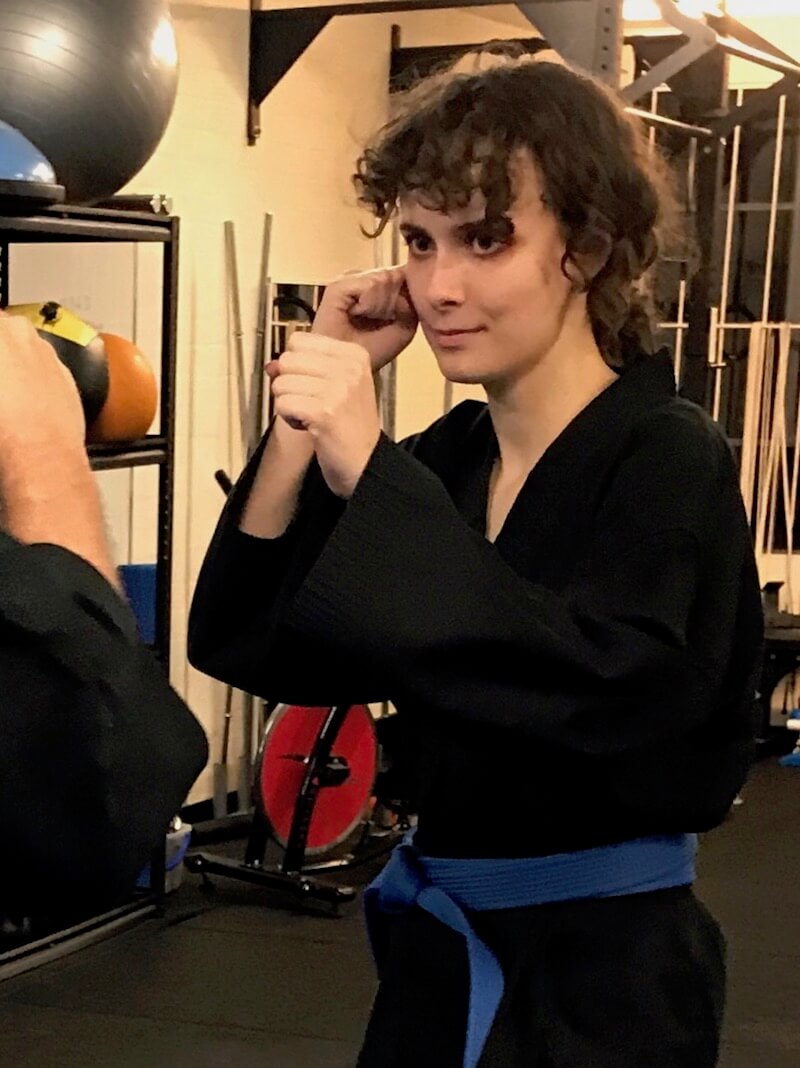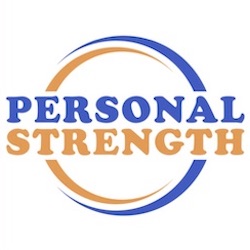I was taken aback when I first heard women’s self defence efforts called victim blaming. Learning self defence as a teenager was one of the things that built my self-concept as a strong woman. The confidence that I could handle myself facilitated my freedom and independence and helped me to challenge the female stereotypes. To discourage these initiatives by calling them victim blaming seems counter-productive to me.
Women have the right to learn to protect themselves – and unfortunately, they need to. This is not victim-blaming. This is reality.
First and foremost, we all have a basic human right to live free from violence, free from the threat of violence, and to have autonomy over our own body. If anyone (who I will call the perpetrator) uses power and control to strip another human of their basic human rights, that is entirely the fault of the perpetrator. The person who has been stripped of their basic human rights is NEVER to blame.
Unfortunately, in Australian culture, rape is still common. One in five Australian women will suffer sexual assault in their lifetime, many before they turn 25. These statistics are terrible, and even worse for Australian minorities and Indigenous Australians. Therefore, although ideally women’s self defence classes would not be a necessity, they are.

Women’s self defence training is not victim-blaming when it is done right.
It is understandable why women’s self defence training could be seen as victim blaming. Firstly, it is putting the onus on the woman to do something to avoid something that should never happen to her in the first place. That is why there is the rise of great men’s help services (e.g. Taking Responsibility, course for men by Relationships Australia). Until the culture shifts though, women have the right learn techniques to claw back power and control when they need to. That is what good Women’s Self Defence workshops do.
The second reason why Women’s Self Defence classes could be seen as victim blaming is because some historical women’s self-defence classes were. Many early women’s self defence courses did teach women to restrict their lives: to wear conservative clothing, to avoid dark streets, to take a chaperone. Good modern women’s self defence classes educate women about the real risks (which, by the way, rarely start on dark streets anyway), and empower them to work out strategies to mitigate those risks while maintaining their freedom, and what they value in life.
Women’s self defence classes play an important role in the cultural shift. Moving from victim-blaming to recognition of human (men's and women’s) rights.
Women’s self-defence classes also have an important role to play in changing the culture. Just as boys are socialised with an acceptance of aggression (“boys will be boys”) and no tolerance for shows of sorrow or pain (“real men don’t cry”), girls are also socialised to accept those behaviours (“boys will be boys”), to accept that boys show affection through violence (“he probably just likes you”), and to be gentle and polite. (See also “10 reasons why advocating self-defense training for women is feminist and not victim-blaming”).
Comprehensive women’s self-defence classes teach women to understand their own needs and what they will and will not tolerate. They teach what respectful relationships look like, that it is OK to put your own needs first, and that feeling uncomfortable is a good enough reason to say no. Good women's self defence classes also teach that sometimes protecting yourself means behaving in ways not expected of women. Like yelling and fighting, like saying a firm and confident “no” without feeling the need to justify or apologise for it. They teach that when it comes to self-protection, sometimes you may have to disappoint the man, possibly even make a scene. If the man is worth pursuing, he will respect your boundaries when you need space or time. The more women act this way, the more the culture changes to assume that women will expect and, when necessary, demand respect.
Whether or not women attend classes. Victims of assault are never to blame.
Women’s self defence classes are unfortunately needed in our society. However, if a woman chooses not to attend, or attends and forgets everything, or attends and tries everything, and still suffers abuse, it is STILL the perpetrator who is to blame. No-one would blame the scorched victim if someone else tried to force them to drink tea.
Why “women's” self defence?
There is certainly a place for co-ed self-defence. It is important to learn physical defences against a range of body-types, and men need to be aware of how their behaviour impacts women too. However, statistically, assaults on women are different. Women are most commonly assaulted by someone known to them (92%), whereas men are most commonly assaulted by a stranger (66%; ABS). Almost 1 in 5 women (17%) experience sexual assault after the age of 15, compared to only 1 in 25 men (4%; CASA). Therefore, women and men do need to focus predominantly on different scenarios, and self defence courses tailored to women necessarily differ from self defence courses tailored to men.
For another great discussion of why women's self defence is not victim-blaming see “A feminist response to critique of self-defence“.
About self-defence for women at Personal Strength
At Personal Strength, we are passionate about women's self defence. Women's self defence workshops and short courses run throughout the year, and build on women's own safety strategies. They focus on physical techniques that are quick to learn, easy to execute under pressure, and effective against larger, stronger attackers. These workshops also develop women's abilities to anticipate, avoid, and verbally de-escalate threatening situations.
In addition, we offer Communicating with Strength workshops, which teach critical skills including recognising and respecting your own needs, preferences, and values; Voicing what is important to you; and Enforcing your boundaries in everyday situations.
Personal Strength also offers Party-Safe workshops, which help teenage and young adult women to comprehend the risk of sexual assault, and to learn to recognise and respond to warning signs and high risk situations to protect themselves and their friends.
This suite of workshops run throughout the year at Personal Strength, and adaptations can be organised for friendship groups, mums and daughters, schools, and corporate groups. For more information, and to be notified when the next workshops are coming up, please register your interest here.
